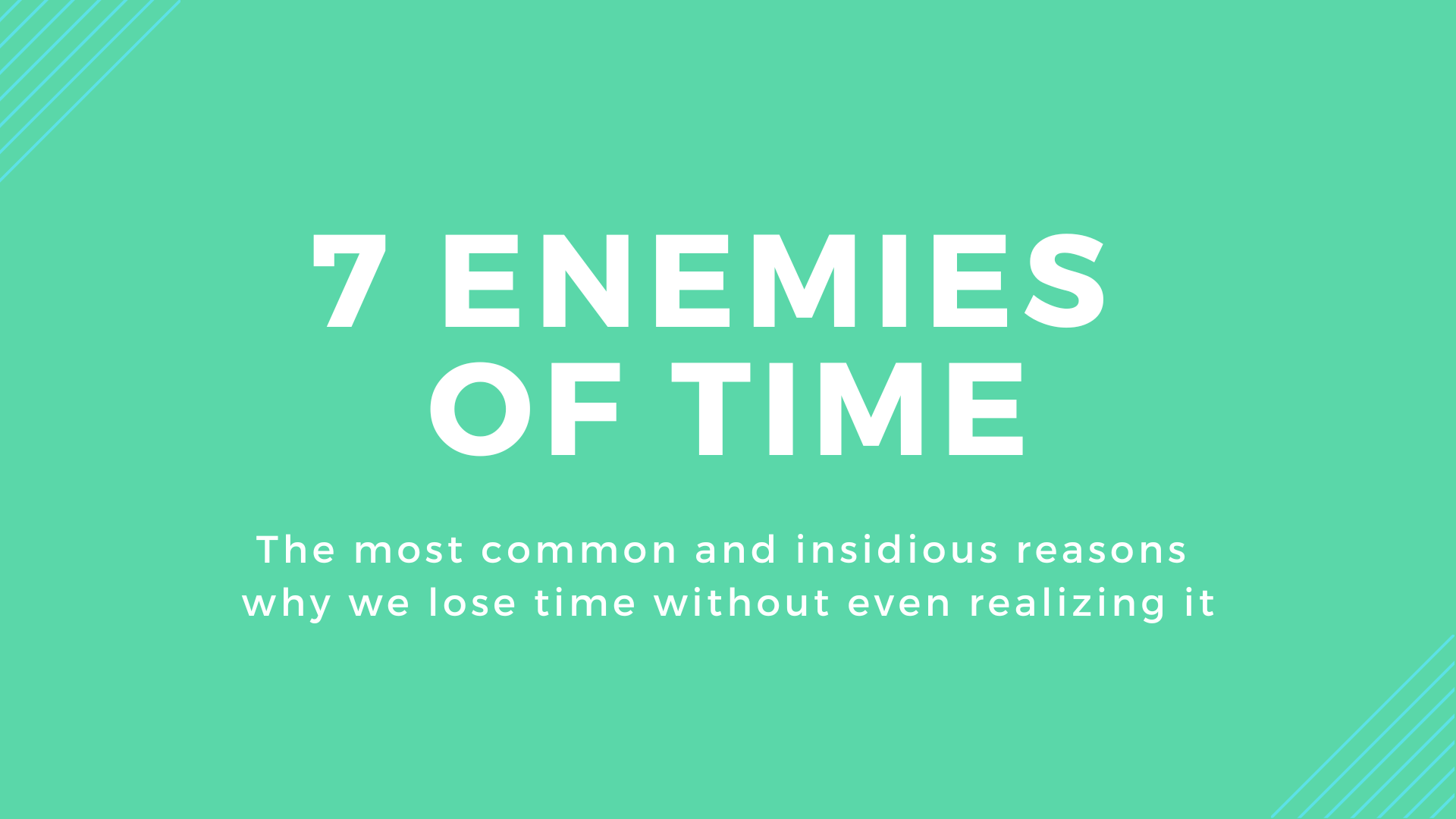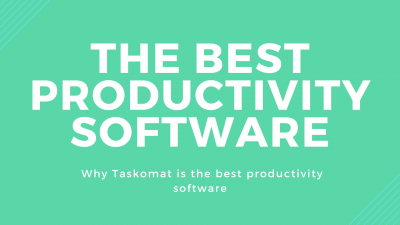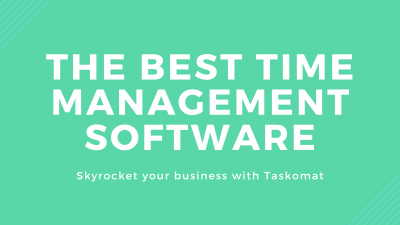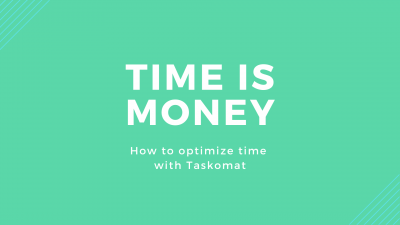Table of contents:
- Procrastination - The pain of tomorrow
- Interruptions - The attention thieves
- Lack of priorities - The decision fog
- Multitasking - The efficiency myth
- Information overload - Cognitive overload
- Low-priority activities - The false urgent
- Lack of clear goals - The rudderless ship
1. Procrastination: the pain of tomorrow
Who hasn't postponed a task until tomorrow? "I'll do it later," we tell ourselves, and later becomes tomorrow, and then next week. Procrastination is like a sweet temptation whispering in our ears that we can always do more, but not now.
In other words, we procrastinate when we let time pass without addressing what we should be doing now and what we know is a priority.
Procrastination is the most common cause that drastically lowers the value of our time. The fact is that we often procrastinate without realizing it, busying ourselves with tasks that have little value, that are neither important nor urgent, and that we engage in to unconsciously distract ourselves from what we should be doing.
Moreover, the habit of procrastination leads us to overload ourselves with activities that bring no value but still consume our energy, causing losses in profitability, stress, and frustration.
Cause: Procrastination often stems from a combination of fear of failure, lack of motivation, and a distorted perception of time.
Effect: The result is a spiral of increasing stress and missed deadlines, which not only compromises the quality of work but also increases pressure and anxiety.
2. Interruptions: the attention thieves
Imagine being deeply immersed in an important task. Suddenly, the phone rings, a notification pops up on the screen, someone demands your attention or just a minute of your time. Interruptions are insidious thieves that steal our attention and fragment our workday, depriving us of our ability to perform at our best.
An interruption may seem insignificant, and this is precisely its insidious aspect: studies have shown that it takes 15 to 20 minutes to return to a state of flow, where efficiency and productivity are at their peak, after any interruption. This means we lose an hour of focused work for every 3 interruptions. Therefore, it is necessary to develop a strategy to minimize distractions and prevent our work capacity and productivity from being severely limited, leaving us exhausted at the end of the day with more tasks left undone than completed.
Cause: Interruptions can result from poor notification management, lack of dedicated spaces for deep work, or simply a work culture that does not respect the boundaries of individual time.
Effect: Each interruption requires time to be managed and additional time to regain focus. This domino effect drastically reduces productivity and increases the likelihood of errors.
3. Lack of priorities: the decision fog
Facing a list of tasks without clear priorities is like navigating through thick fog. Every step is uncertain and the risk of getting lost is high. A lack of priorities prevents us from understanding what is truly important, what can wait, and from acting decisively and effectively.
When we do not have a clear priority scale, we often find ourselves spending time on tasks that seem urgent but actually have little impact on our long-term goals. We waste time in uncertainty, risking jumping from one task to another without a true sense of purpose. This leads to a constant feeling of being busy but not productive, resulting in truly crucial activities being continually postponed or undervalued.
The absence of priorities creates confusion and indecision and leads to inefficient use of time. We end up working on low-impact activities, with a constant feeling of not having control over our days. This not only increases stress but also leads to frustration when we realize that, despite our efforts, we are not making significant progress.
Cause: We often fail to prioritize our tasks because we lack a clear system to evaluate their importance or urgency.
Effect: We focus on low-impact activities while crucial ones are neglected, we waste time figuring out what to do and what not to do, and we act uncertainly, leading to increased stress and poor results.
4. Multitasking: the efficiency myth
Often we fall for the illusion that doing multiple things simultaneously makes us more productive. Multitasking seems like a magical solution to tackle all our responsibilities, but in reality, it is one of the most insidious enemies of time.
The truth is that multitasking not only reduces the quality of our work but also makes us take longer to complete each task. Each time we switch from one activity to another, our brain takes time to adjust, which results in a loss of efficiency. This continuous shift in focus leads to an increase in errors and a decrease in our ability to concentrate.
Multitasking generates a false sense of productivity. We feel busy and engaged, but at the end of the day, we realize that we have accomplished much less than we could have by focusing on a single task at a time. This not only increases frustration but can also compromise our professional reputation if the quality of our work suffers.
Cause: The belief that multitasking increases productivity is rooted in the need to handle multiple demands in a short time.
Effect: In reality, jumping from one task to another reduces work quality, increases errors, and prolongs completion times, leading to inefficient time management.
5. Information overload: cognitive overload
The lack of a reliable system to store all the information necessary for your business to thrive, or the fragmentation of this information across different systems, inevitably leads to cognitive overload.
We are effective when our mind is clear. To achieve this condition, we must be aware that our mind works best when it is free from all those unnecessary pieces of information for the task at hand. Continuous exposure to a multitude of irrelevant data and details clutters our brain, reducing its ability to focus on important activities.
Cognitive overload is not easily perceivable, but it has a significant impact on our productivity. Our brain can handle only a limited amount of information; when overloaded, its creative and problem-solving abilities drastically diminish. This leads to less effective decisions, delays in task execution, and a general decline in work quality.
Cause: The lack of a centralized and reliable system for storing necessary information and the fragmentation of this information across different systems.
Effect: The resulting cognitive overload reduces the ability to concentrate and problem-solve, slows down task execution, and compromises work quality.
6. Low-priority activities: the false urgents
Much more often than we'd like to admit, we find ourselves dedicating precious time to tasks that seem urgent or important but actually have little impact on our long-term goals. These low-priority activities are the false urgents that distract us and pull us away from what truly matters.
It is easy to fall into the trap of prioritizing tasks that appear immediate and pressing. Responding to emails, handling small impromptu requests, or focusing on details or low-value activities can make us feel busy and productive. Unfortunately, these activities do not significantly contribute to achieving our main goals, often without us realizing it.
This tendency to focus on low-priority activities not only consumes valuable time but also creates a false sense of accomplishment. By continually postponing high-value, important tasks, we risk always being behind on our goals, leading to increased stress and frustration.
Cause: The inability to distinguish between urgent and important leads us to give the same attention to tasks of varying importance.
Effect: Our time is spent on activities that do not significantly contribute to our results, causing frustration and inefficiency.
7. Lack of Clear Goals: The Rudderless Ship
Without clear goals, our work can become a series of tasks without a precise direction. It is like navigating open waters without a map: we can move forward, but we do not know where we are going. The lack of defined goals leaves us adrift, without a clear destination to aim for.
An incorrect habit that often accompanies the lack of clear goals is the failure to plan. When we do not take the time to plan carefully, we find ourselves reacting to events rather than managing them. This reactive approach leads to a continuous sense of chaos and lack of control, where every day is a battle to keep up with immediate demands.
The lack of clear goals not only creates confusion and indecision but also leads to inefficient use of time. Without a clear direction, it is easy to lose sight of priorities and waste energy on activities that do not significantly contribute to our progress. This not only increases stress but can also lead to a loss of motivation and a sense of frustration.
Cause: The lack of planning and insufficient definition of goals leaves us without a clear guide on what is truly important.
Effect: Without a clear destination, it is easy to waste time on activities that are not aligned with our goals, reducing the effectiveness and efficiency of our work, and increasing stress and frustration.
Conclusion
Each of the points listed above can lead to an approximate 10% decline in overall annual profitability. It goes without saying that if we suffer from even just a few of the problems discussed in this article, the risk of losing significant amounts of income and creating avoidable problems due to poor time management becomes very real.
Fortunately, with the right tools, designed to manage time optimally, it is possible to address all the issues discussed in this article.
Taskomat offers a range of tools designed to help you manage time and its pitfalls:
- Planning and Prioritization: Tools to define and monitor clear goals and prioritize activities.
- Time Tracking: Advanced features to track the time spent on each task, helping you identify and reduce procrastination.
- Activity Sizing: Each activity can be sized in advance, leveraging the concept of "Time Boxing" and its benefits.
- Budget Tracking: Tools to make data-driven decisions and identify potential issues before they occur.
- Productivity Analysis: Detailed reports to understand time usage and continuously improve work management.
- Performance Tracking: Advanced tools to monitor the progress of daily activities and how they reflect on medium and long-term goals.
- Profitability Analysis: Every activity is automatically linked to time and money, making profitability analysis simple.
Losing time is one of the main obstacles to productivity. With the right tools, it is possible to tackle and overcome these debilitating habits.
Taskomat is the ideal companion to manage your time effectively, plan efficiently, stay focused on your goals, and ensure that you are in control of your days, not the other way around.




